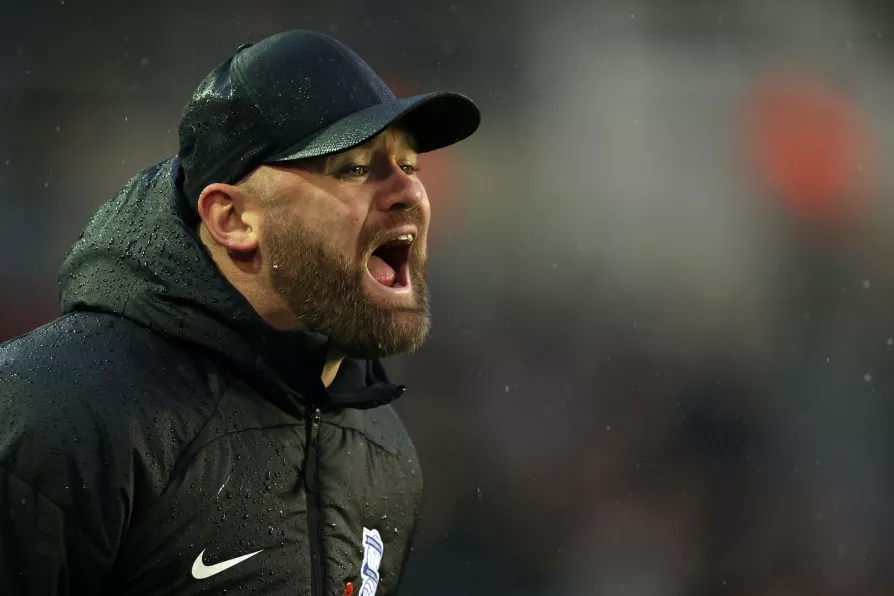What went wrong for Rooney?
He and other members of England's Golden Generation were never encouraged to think critically about the game in the same way many of his international counterparts were, argues ROGER DOMENEGHETTI

 Wayne Rooney, November 4, 2023
Wayne Rooney, November 4, 2023
AND SO, yet another of England’s much feted but, at international level at least, not notably successful Golden Generation™ has collected his P45 after a short-lived and less than glittering stint as manager.
After just 82 days and two wins in 15 games, Wayne Rooney joins Frank Lampard, Gary and Phil Neville, Sol Campbell and Paul Scholes on the managerial scrap heap at the tender age of 38.
It’s quite possible that Steven Gerrard will join them soon, given his Al-Ettifaq team are currently on a run of nine games without a win.
Similar stories

The powerhouse Liverpool forward secured a record-breaking 90 per cent of the vote, while Arsenal’s Alessia Russo topped a wide field to win the women’s award, writes JAMES NALTON













